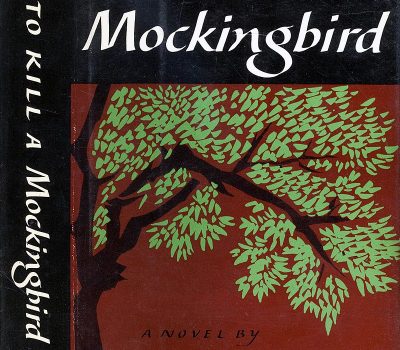Is The Internet Archive’s National Emergency Library A Good Idea Or Piracy?

On March 24th The Internet Archive launched what they are calling a “National Emergency Library”, and through it they starting making 1.4 million books available for free online. The organization has long been scanning books and lending them out to readers since 2005, based on the same system used by public libraries around the world. Basically they could only lend out the same numbers of books as they actually owned, meaning for some books there would be large waitlists. On the 24th they announced those waitlists would be suspended, allowing anyone around the world to download the same books at the same time.
Many of the novels that the Internet Archive has put up for borrowing are not in the public domain, causing many to accuse the organization of copyright infringement. These novels include works by JK Rowling, George RR Martin, Stephen King, Hilary Mantel and Neil Gaiman. Some view what they are doing as denying authors of potential income from sales, which is especially important in these times when authors already face reduced sales, cancelled book tours and more. Even book stores are facing permanent closure due to the pandemic. IA stated the move was to help address “our unprecedented global and immediate need for access to reading and research material” during the pandemic, but other view it as illegal saying they have no rights to the books.
The IA announced that the National Emergency Library will remain open until the end of June, or until the US national emergency is ended. They stated that “The library system, because of our national emergency, is coming to aid those that are forced to learn at home. This was our dream for the original internet coming to life: the library at everyone’s fingertips. We recognise that authors and publishers are going to be impacted by this global pandemic as well. We encourage all readers who are in a position to buy books to do so, ideally while also supporting your local bookstore.”
The IA has asked authors to support their decision, but if they want their books removed they can easily send in a request through email and opt out.



